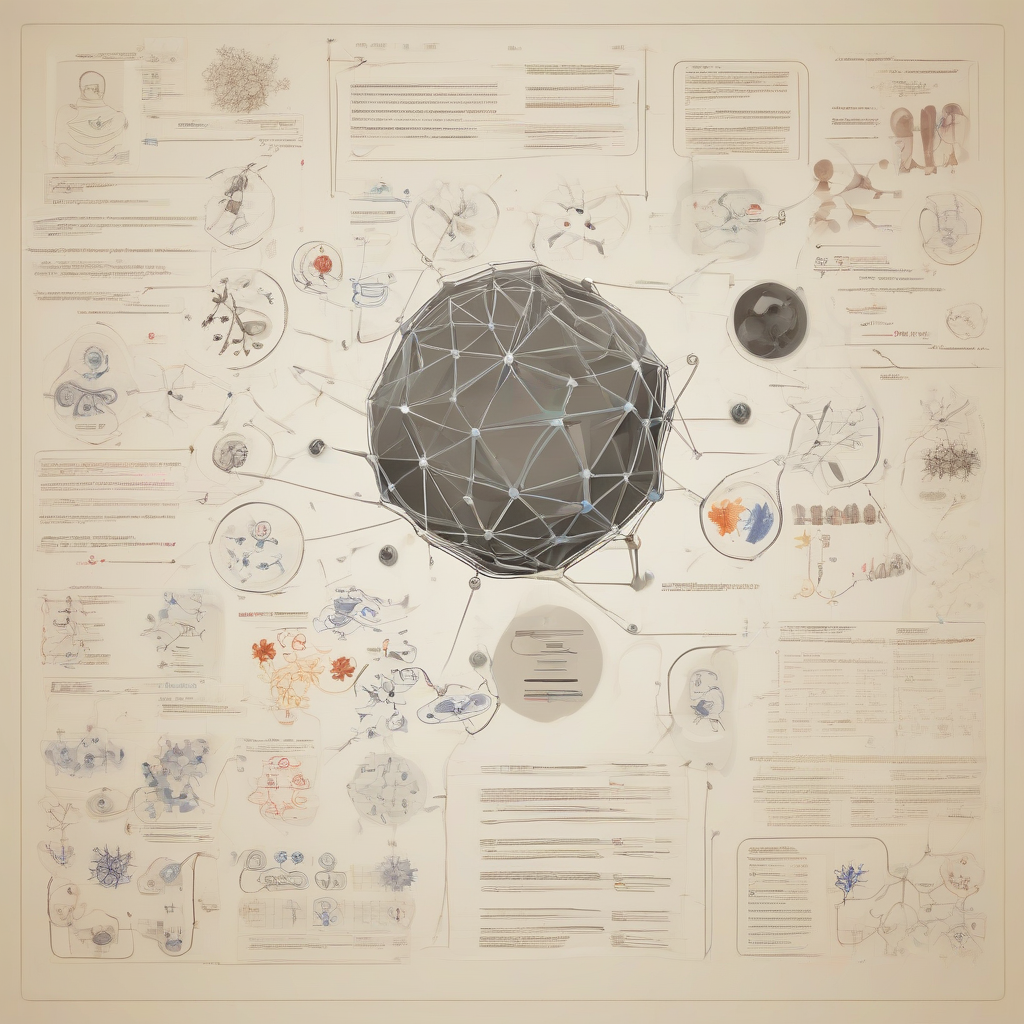Unlocking Life’s Secrets: Your Guide to the Online Biology Bachelor’s Degree
The pursuit of a Biology Bachelor’s degree has traditionally been associated with on-campus learning, filled with lectures, labs, and the vibrant energy of a university setting. However, the rise of online education has revolutionized the landscape of higher learning, offering a flexible and accessible pathway for aspiring biologists. An online Biology Bachelor’s degree provides a compelling alternative, catering to diverse learning styles and schedules while maintaining the rigor and depth expected from a traditional program. This comprehensive guide delves into the intricacies of pursuing a Biology Bachelor’s degree online, exploring its advantages, challenges, curriculum expectations, career prospects, and crucial factors to consider when making your decision.
Advantages of an Online Biology Bachelor’s Degree
- Flexibility and Convenience: Online learning offers unparalleled flexibility. Students can access course materials and participate in discussions at their own pace and convenience, accommodating work schedules, family responsibilities, or other commitments. This flexibility is particularly beneficial for students who live in remote areas or have mobility limitations.
- Affordability: Online programs often come with lower tuition costs compared to traditional on-campus programs. This is due to reduced overhead expenses associated with maintaining physical infrastructure and facilities. Additionally, some programs offer online-specific scholarships and financial aid options.
- Accessibility: Online learning transcends geographical boundaries, making higher education accessible to individuals who may not have the means or opportunity to relocate for on-campus studies. This opens doors for a wider range of students to pursue their academic ambitions in biology.
- Technological Proficiency: Engaging with online learning platforms enhances students’ technological proficiency, a crucial skill in today’s technologically advanced world. Students develop proficiency in using various software, platforms, and digital tools, strengthening their employability skills.
- Self-Directed Learning: Online learning fosters self-directed learning skills, requiring students to actively manage their time, prioritize tasks, and take ownership of their educational journey. This cultivates independent learning habits that are valuable throughout life.
Challenges of an Online Biology Bachelor’s Degree
- Self-Discipline and Motivation: Successful online learning requires significant self-discipline and motivation. The lack of a structured on-campus environment necessitates proactive time management and consistent effort to stay on track.
- Limited Hands-on Experience: While many online programs incorporate virtual labs and simulations, they may not fully replicate the hands-on laboratory experiences crucial for certain aspects of biology. Students should carefully review the program’s lab component to gauge its effectiveness.
- Technological Requirements: Students need reliable internet access, a functioning computer, and necessary software to participate effectively in online learning. Technical issues can disrupt learning if not properly addressed.
- Isolation and Lack of Interaction: While many online programs incorporate discussion forums and virtual interactions, some students may find the lack of face-to-face interaction with instructors and peers challenging. Building a supportive learning community is crucial to overcome this challenge.
- Accreditation and Program Quality: It’s essential to ensure that the online Biology Bachelor’s degree program is accredited by a reputable agency. Researching program reviews and accreditation status is crucial to avoid programs that may lack rigor or credibility.
Curriculum Expectations for an Online Biology Bachelor’s Degree
A typical online Biology Bachelor’s degree curriculum will cover a broad range of biological concepts, including:
- General Biology: Fundamentals of cell biology, genetics, ecology, and evolution.
- Organic Chemistry: Understanding the chemical basis of life.
- Biochemistry: The chemical processes within and relating to living organisms.
- Genetics: Principles of heredity and genetic variation.
- Cell Biology: Structure and function of cells.
- Microbiology: Study of microorganisms.
- Ecology: Interactions between organisms and their environment.
- Evolutionary Biology: The processes that have shaped life on Earth.
- Molecular Biology: Structure and function of biological macromolecules.
- Lab Work (Virtual or In-Person): Hands-on experience (virtual or in-person depending on the program) to reinforce theoretical concepts.
- Electives: Opportunities to specialize in areas such as biotechnology, zoology, botany, or marine biology.
Career Prospects with an Online Biology Bachelor’s Degree
A Biology Bachelor’s degree, whether earned online or on-campus, opens doors to a wide array of career paths. Graduates can pursue careers in:
- Research: Conducting scientific research in academic institutions, government agencies, or private companies.
- Healthcare: Working as a medical technologist, clinical research associate, or pharmaceutical representative.
- Environmental Science: Protecting and conserving natural resources as an environmental consultant or conservation biologist.
- Biotechnology: Developing new technologies and products in the biotechnology industry.
- Education: Teaching biology at the secondary or post-secondary level.
- Government Agencies: Working for agencies such as the EPA or CDC.
- Wildlife Management: Managing and protecting wildlife populations.
- Forensic Science: Applying biological principles to criminal investigations.
Choosing the Right Online Biology Bachelor’s Degree Program
Selecting the right program involves careful consideration of several key factors:
- Accreditation: Ensure the program is accredited by a recognized regional or national accrediting agency.
- Program Curriculum: Review the curriculum to ensure it aligns with your career goals and interests.
- Faculty Expertise: Look for a program with experienced and qualified faculty who are actively engaged in research and teaching.
- Support Services: Assess the availability of student support services, such as academic advising, tutoring, and career counseling.
- Technology Requirements: Understand the program’s technology requirements and ensure you have access to the necessary equipment and internet connectivity.
- Flexibility and Pace: Consider the program’s flexibility in terms of scheduling and pace of learning.
- Cost and Financial Aid: Compare tuition costs and explore available financial aid options.
- Program Reviews and Student Testimonials: Read reviews and testimonials from current and former students to gain insights into their experiences.
Pursuing an online Biology Bachelor’s degree requires dedication, self-discipline, and a proactive approach. However, the rewards are substantial, offering a flexible, accessible, and affordable pathway to a rewarding career in a field brimming with exciting opportunities. With careful planning and diligent effort, aspiring biologists can unlock the secrets of life, one online course at a time.
